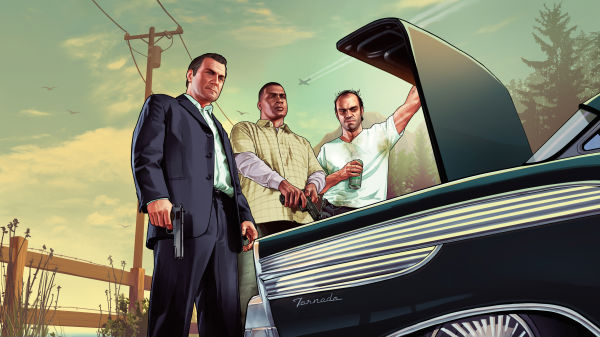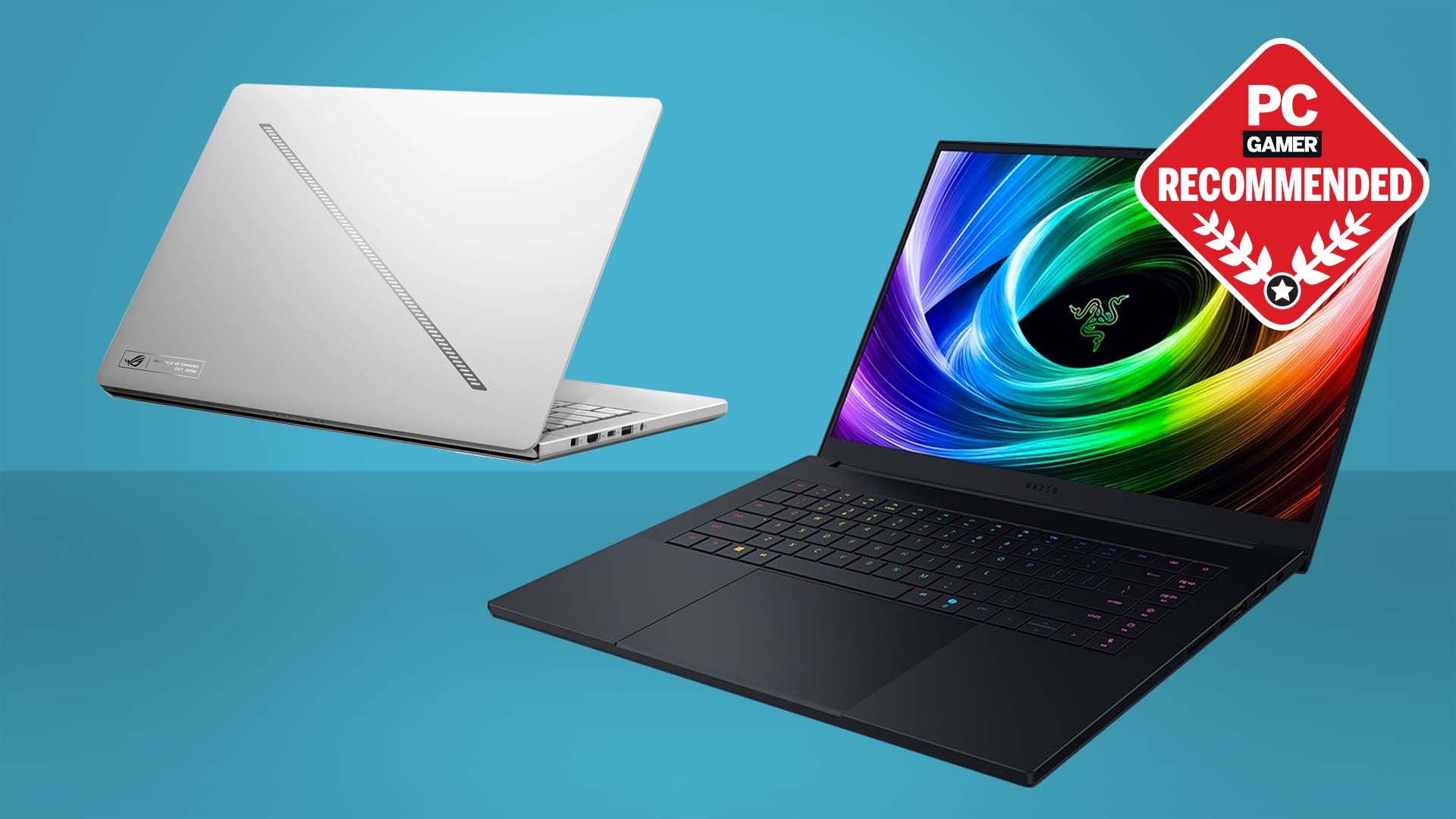Take-Two isn't worried about loot box laws because it doesn't make much money on them anyway
CEO Strauss Zelnick said during yesterday's earnings call that loot boxes are "not material to us."

Take-Two Interactive president Karl Slatoff said in late 2017 that the company doesn't consider loot boxes to be a form of gambling, a position that put it in line with pretty much all of the rest of the game industry. Despite that, chairman and CEO Strauss Zelnick said during the company's Q4 2019 earnings call yesterday that it is not overly concerned about the possibility of legislation banning loot boxes in videogames because they don't contribute meaningfully to Take-Two's bottom line.
"Just to put it in context, that mechanic is responsible for less than three percent of our net bookings in the past fiscal year, so it's not material to us," in response to a question about US senator Josh Hawley's proposed ban on loot boxes in games played by children.
"We have used the mechanic in the past, so it is something we've seen, and we think it's just fine. There has been some noise around it, particularly internationally. As we said, we think it's a perfectly reasonable mechanic, however it forms a very small part of our business."
Hawley's proposed legislation was just announced last week, but international efforts to crack down on them, as Zelnick referenced, have come much more quickly: Belgium and the Netherlands implemented bans on randomized loot boxes last year, and South Korea recently said that it will launch an investigation into "unfair" purchase policies in videogames, which could encompass loot boxes.
Take-Two reported net bookings of $2.929 billion for its 2019 fiscal year, an increase of 47 percent over 2018, meaning that loot box-driven revenues fell somewhere south of $88 million—an awful lot of money for, say, me, but not a huge slice of Take-Two's pie.
Interestingly, the company said that "recurrent consumer spending" in games accounted for 39 percent of that amount, reflecting the success of the company's strategy, also stated by Zelnick in 2017, to offer microtransactions—but not necessarily loot boxes—in "every title" it releases.
Keep up to date with the most important stories and the best deals, as picked by the PC Gamer team.

Andy has been gaming on PCs from the very beginning, starting as a youngster with text adventures and primitive action games on a cassette-based TRS80. From there he graduated to the glory days of Sierra Online adventures and Microprose sims, ran a local BBS, learned how to build PCs, and developed a longstanding love of RPGs, immersive sims, and shooters. He began writing videogame news in 2007 for The Escapist and somehow managed to avoid getting fired until 2014, when he joined the storied ranks of PC Gamer. He covers all aspects of the industry, from new game announcements and patch notes to legal disputes, Twitch beefs, esports, and Henry Cavill. Lots of Henry Cavill.

